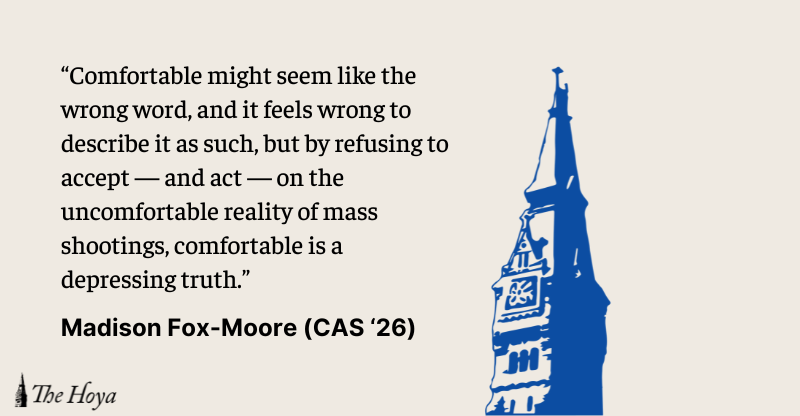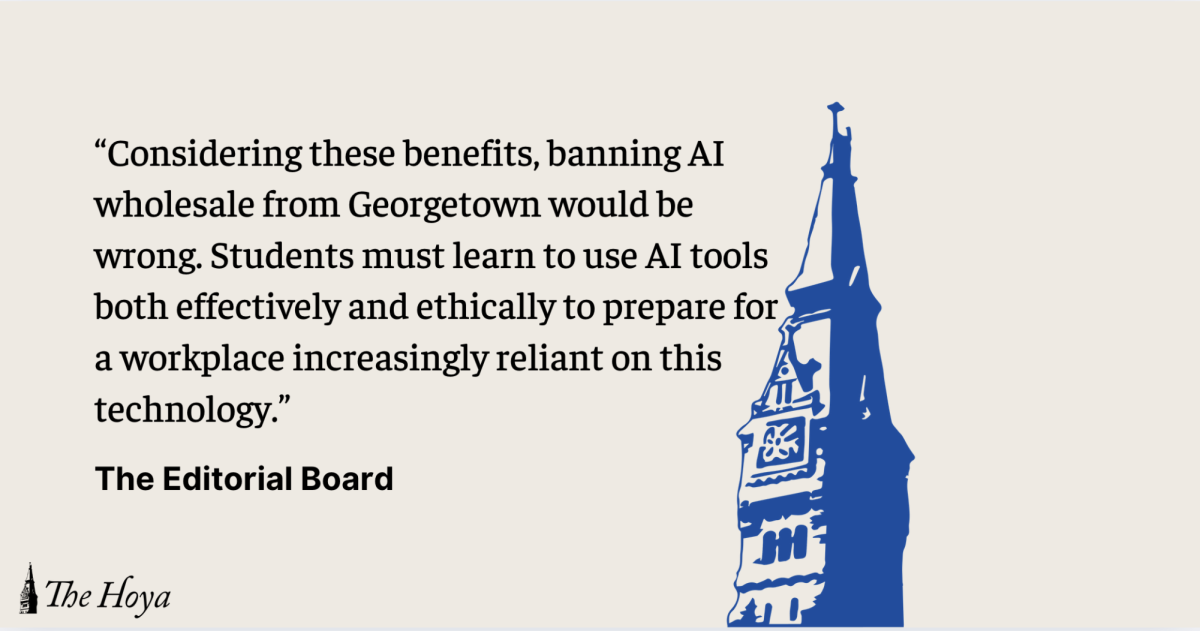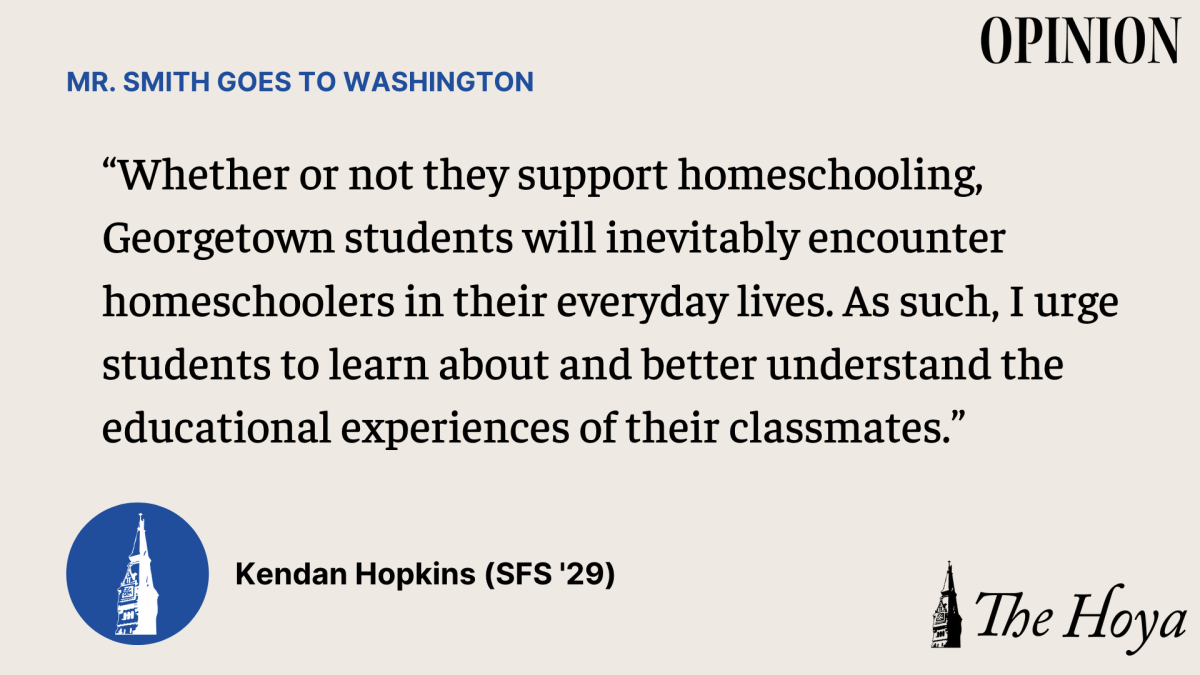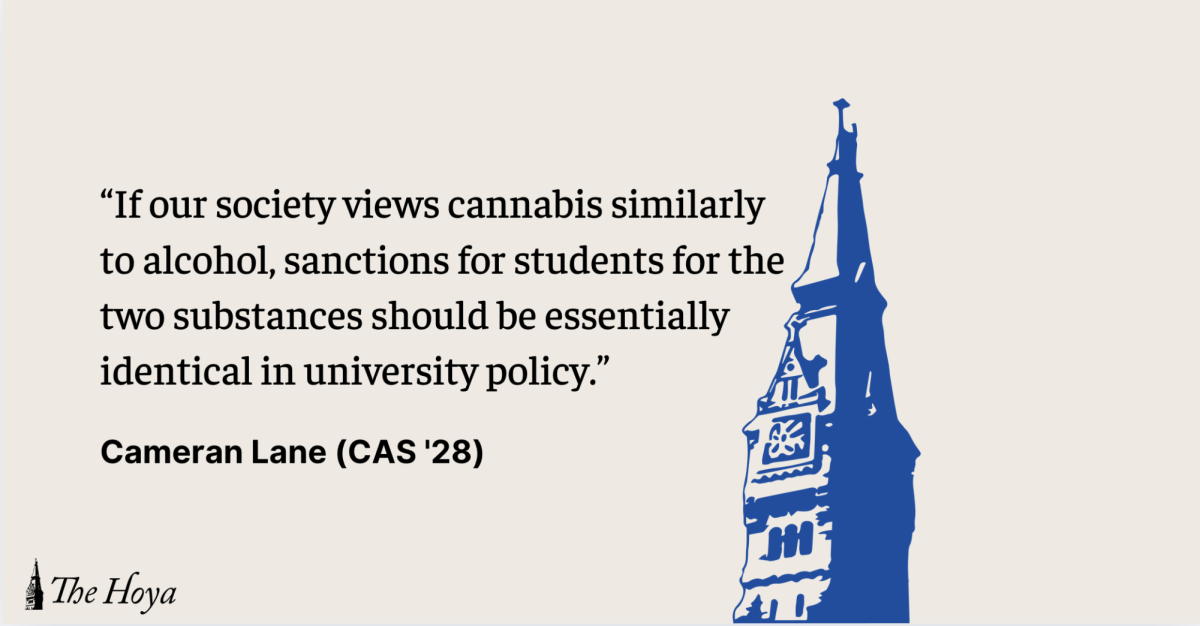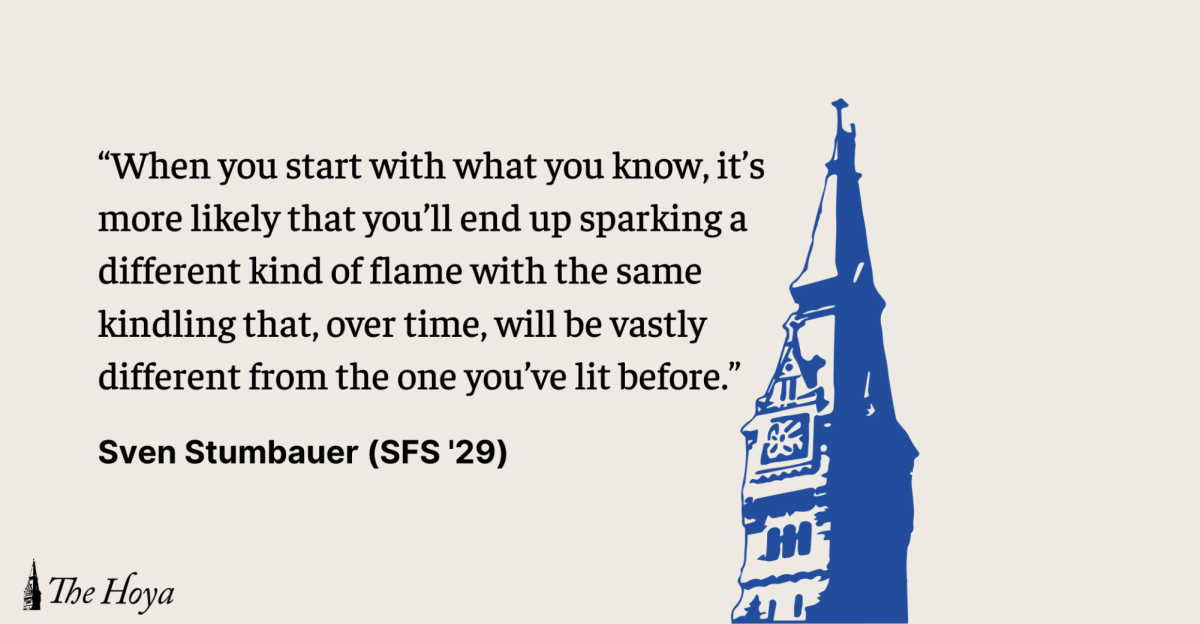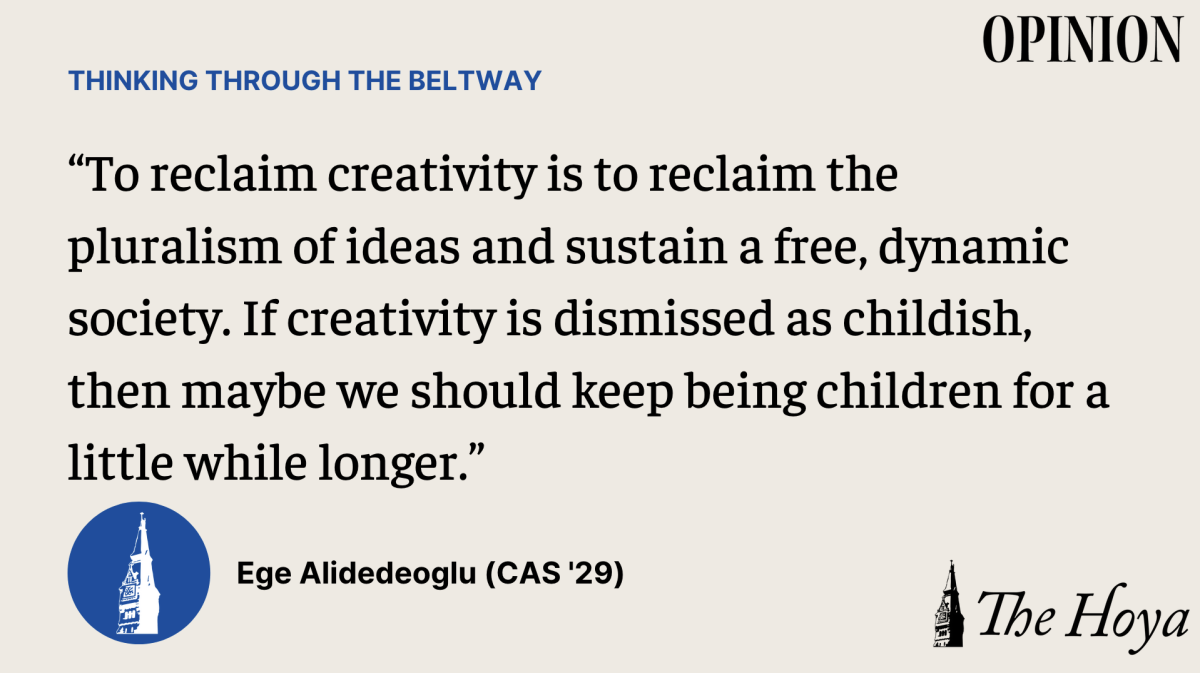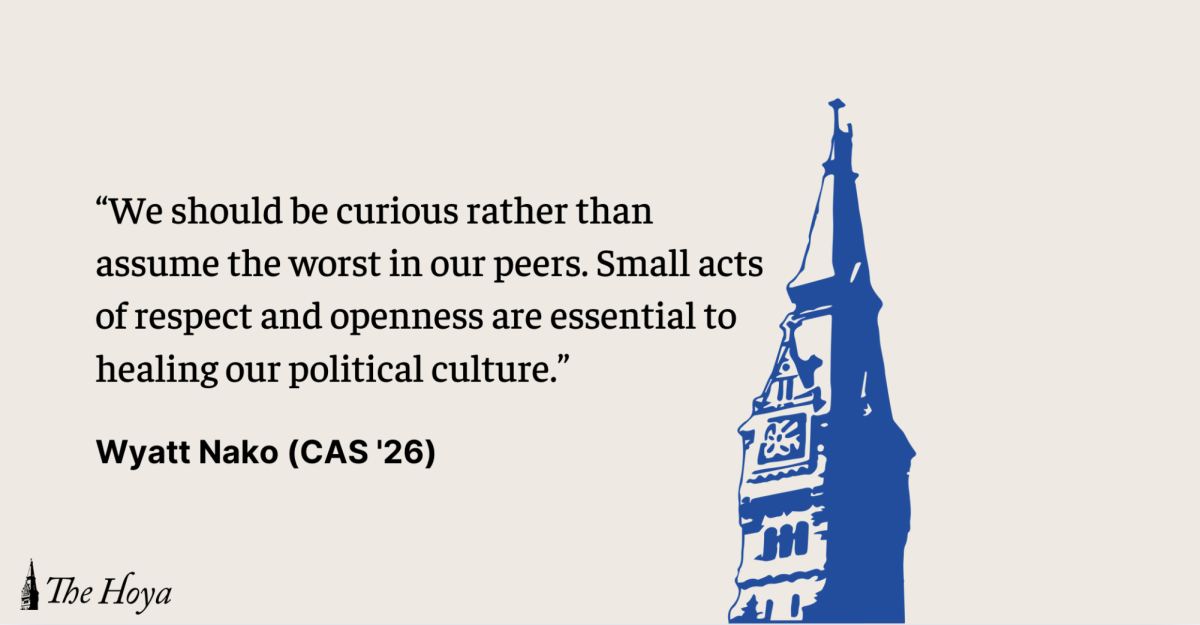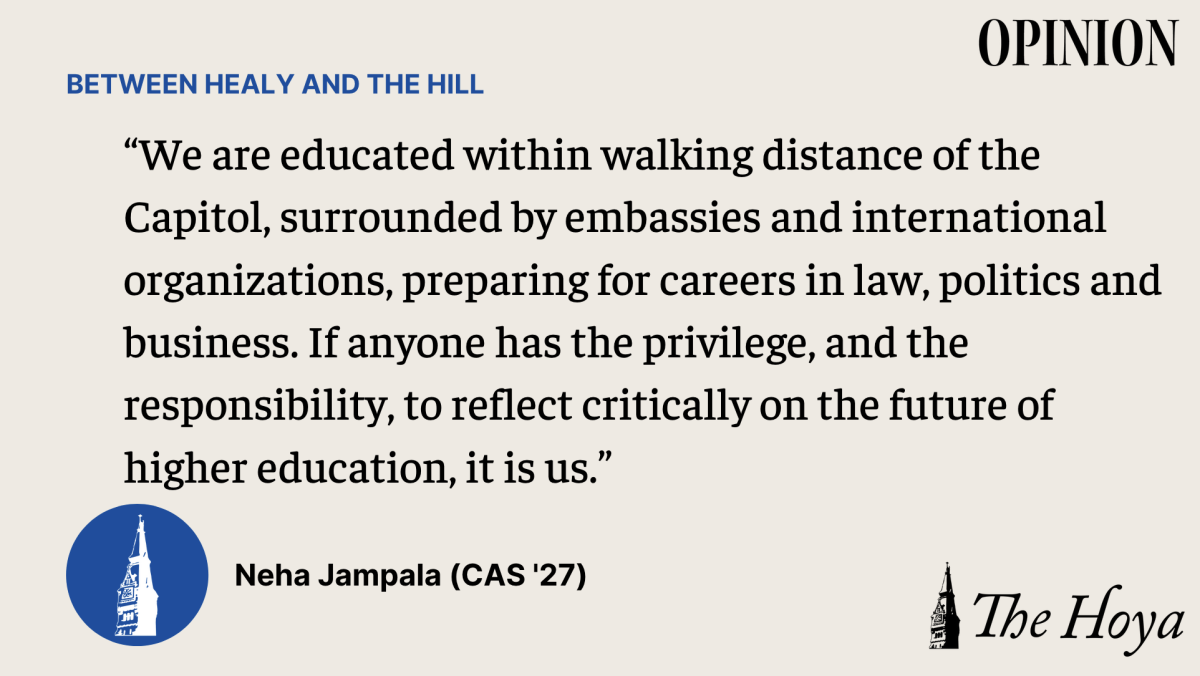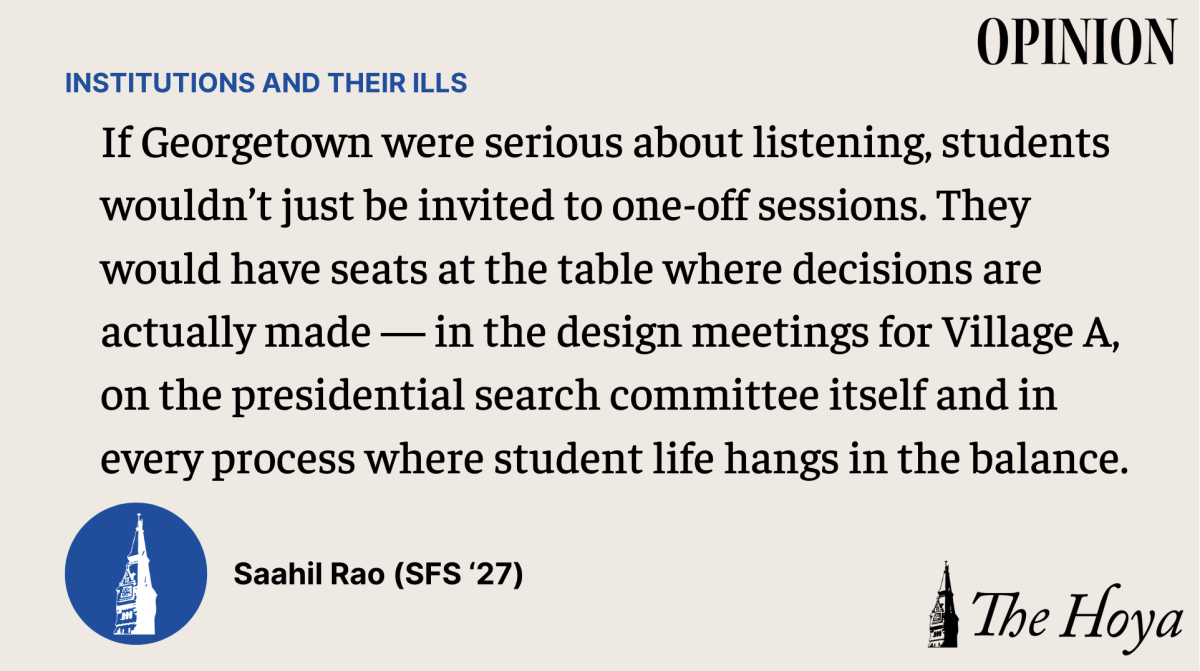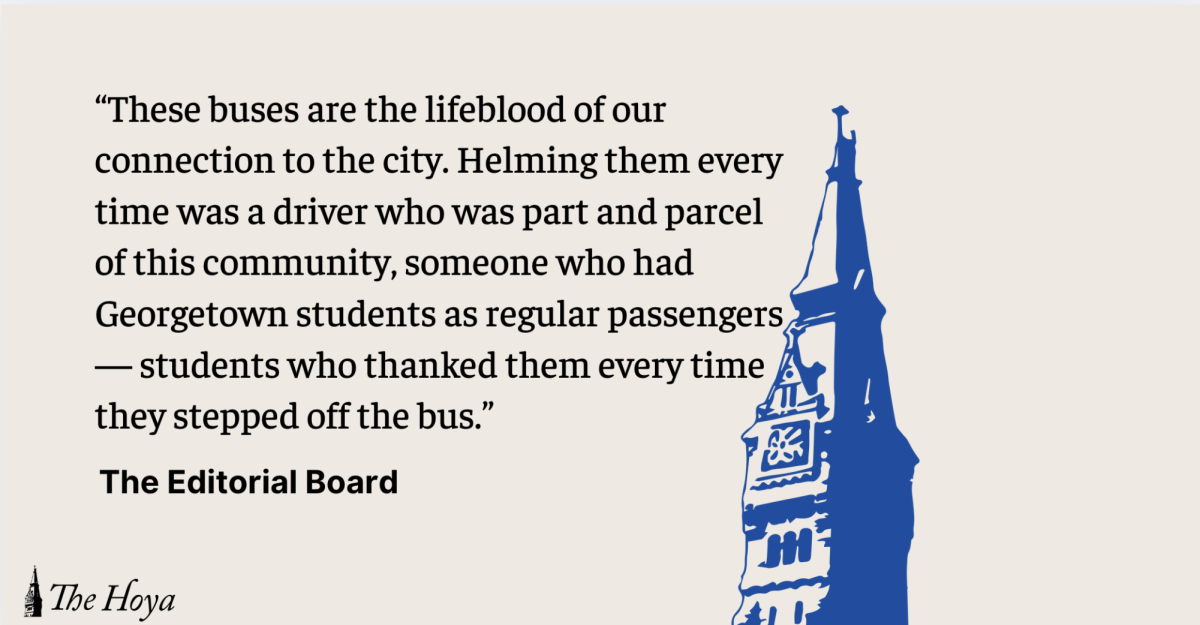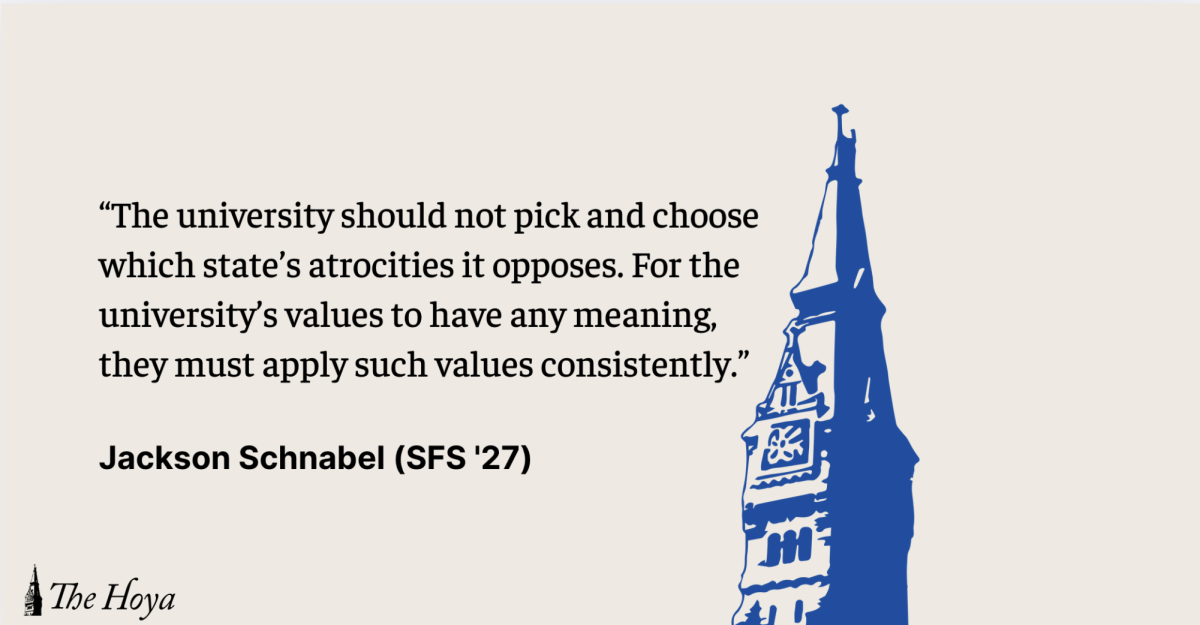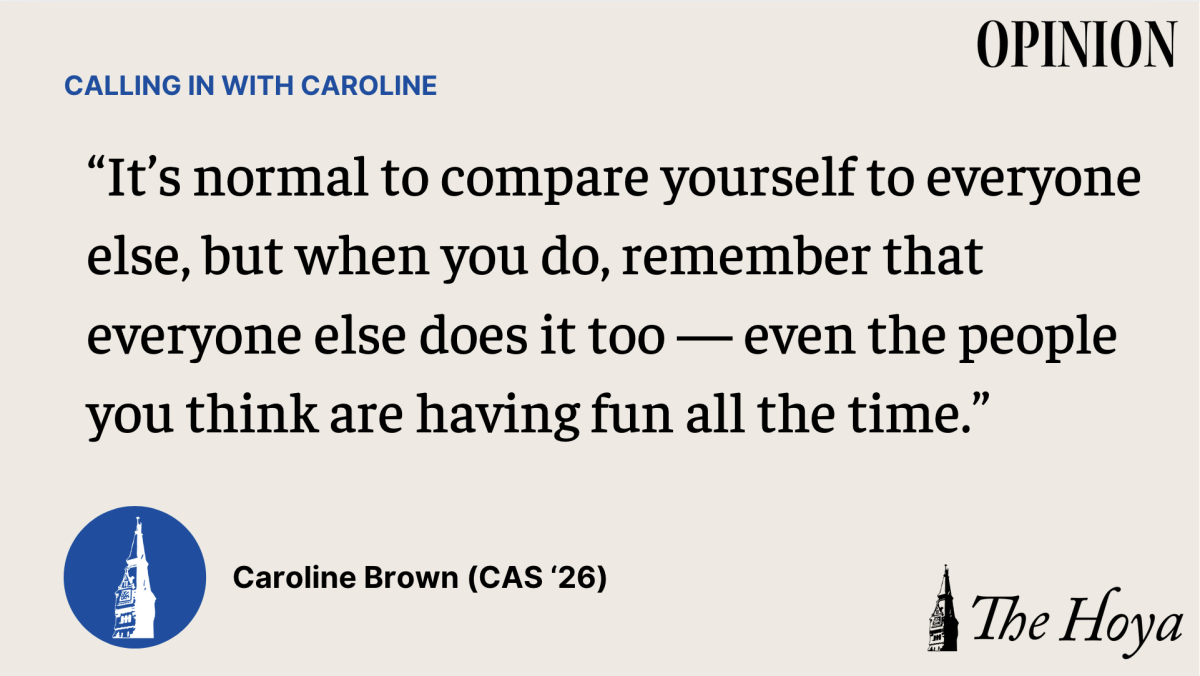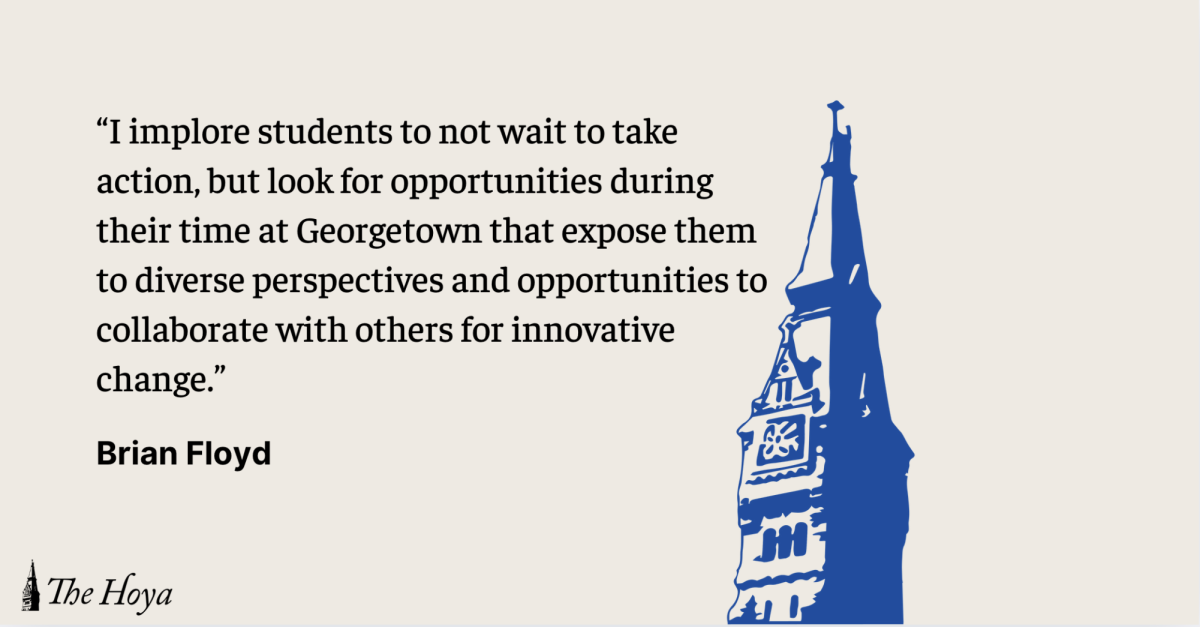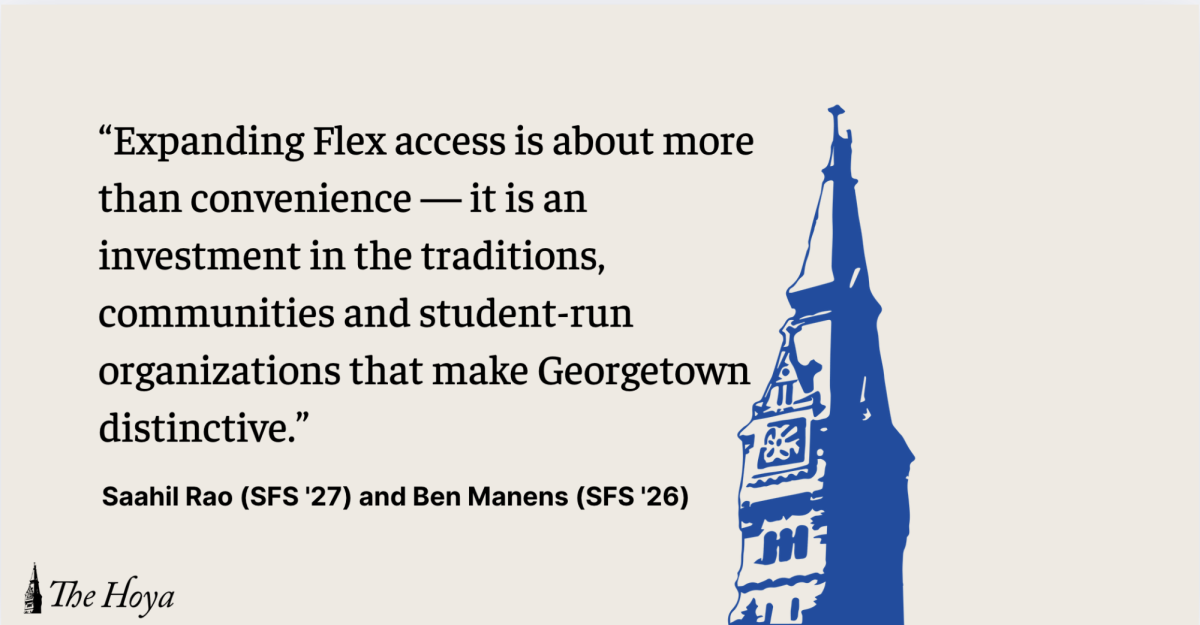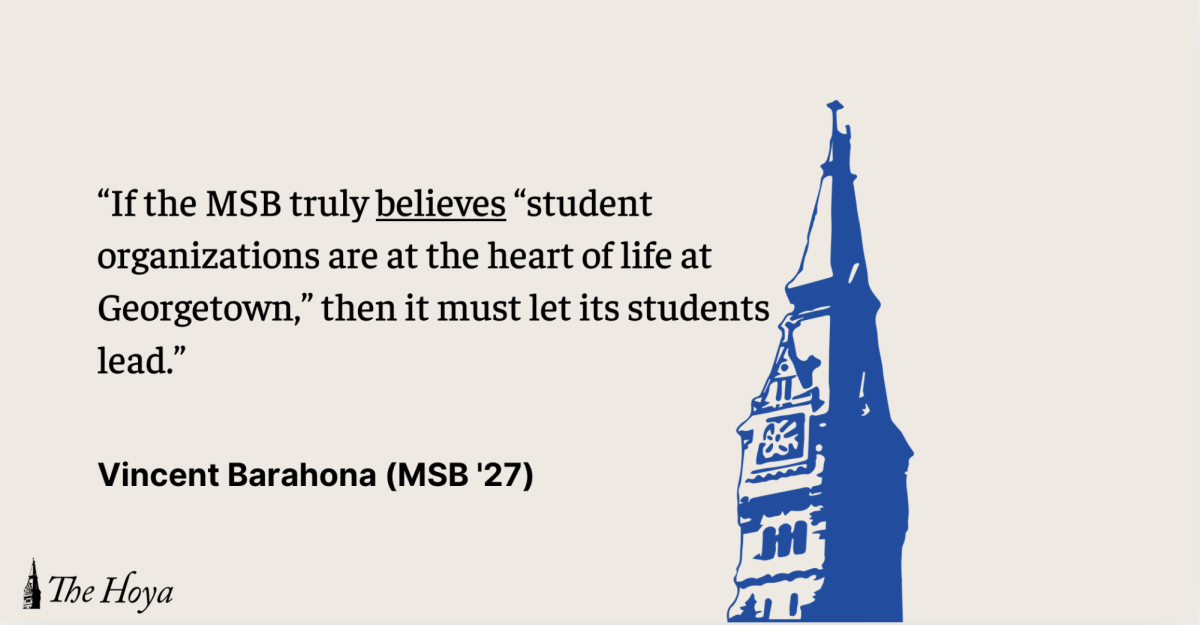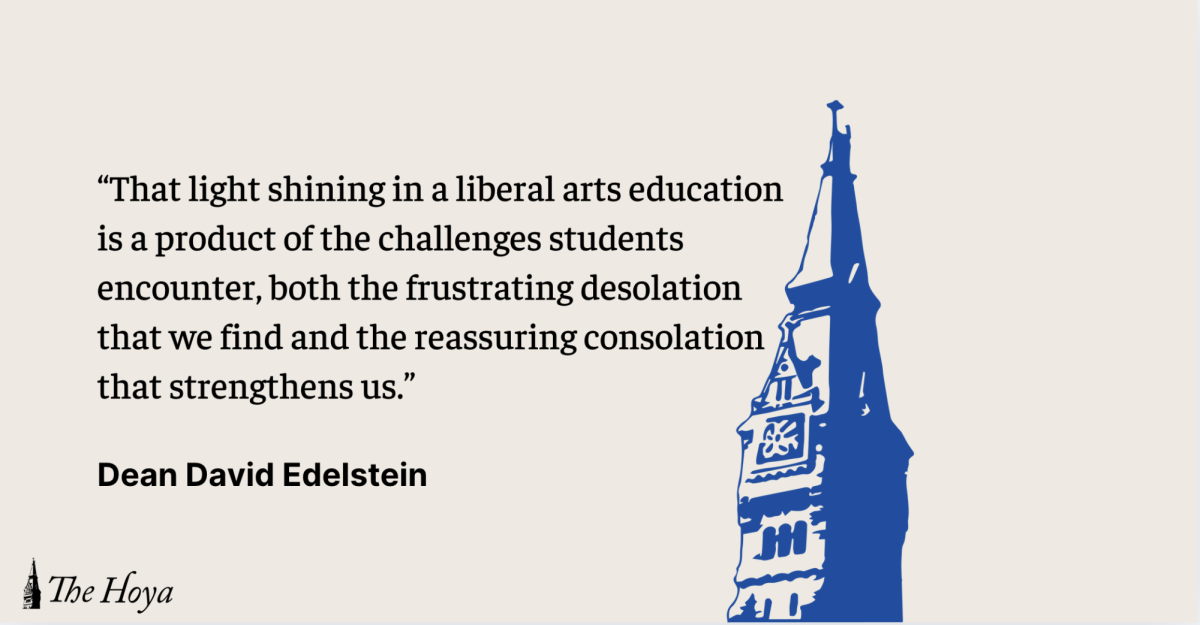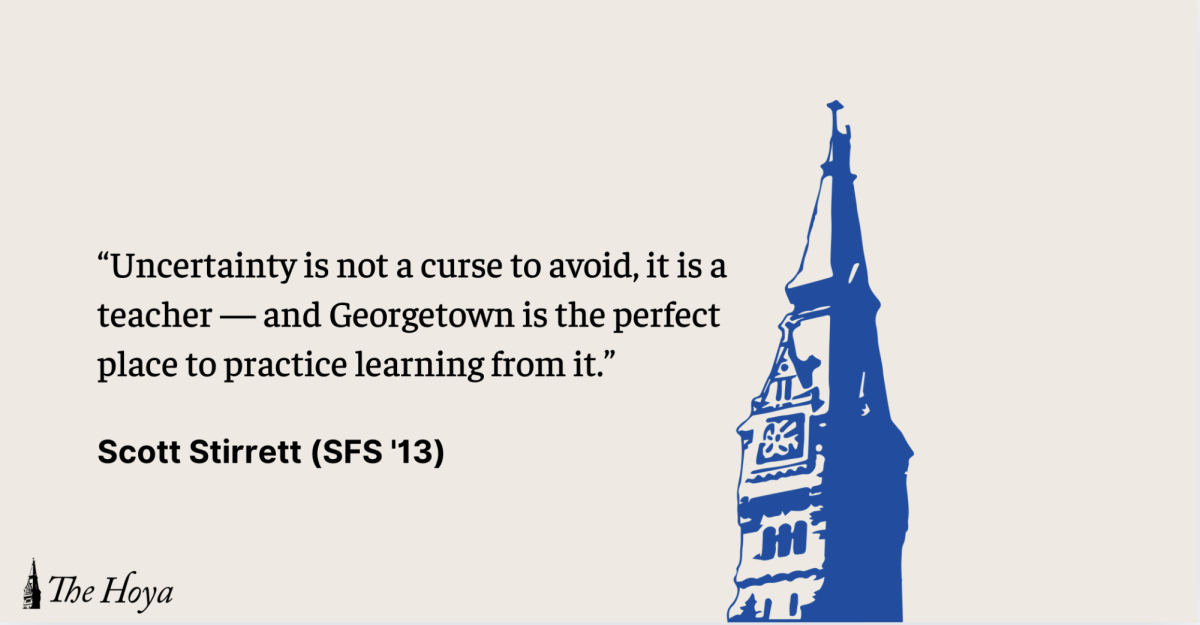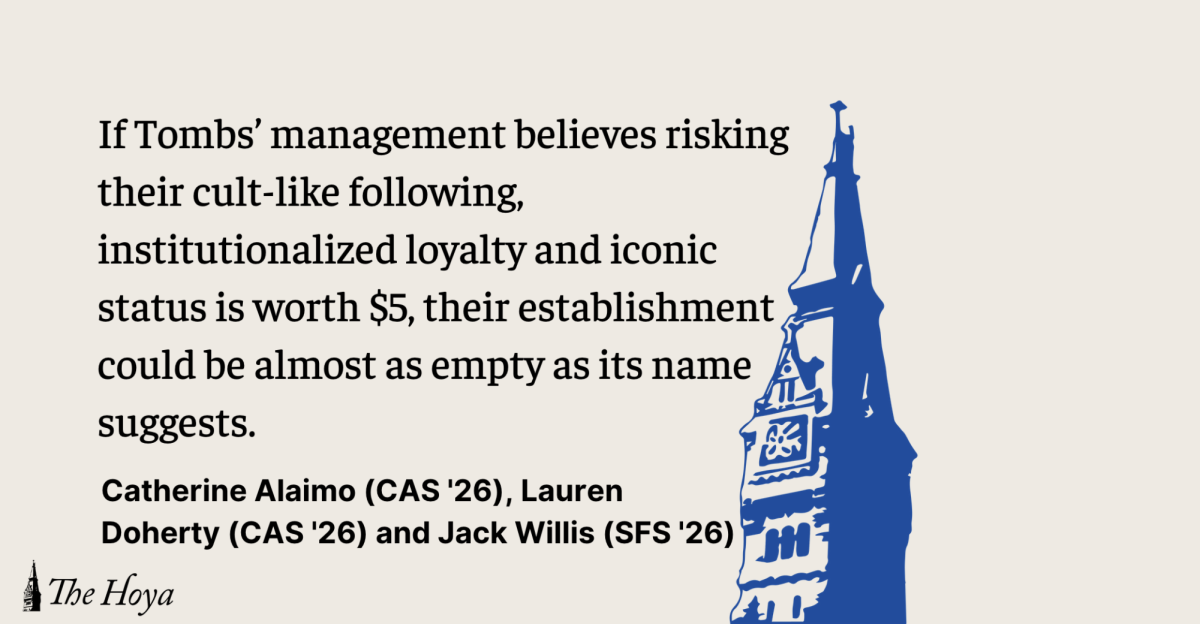Weeks into the fall classes, I find myself replaying a moment from last semester.
Last spring, I worked as an intern for Senator Kirsten Gillibrand (D-N.Y.). I answered the phone — often to speak with angry constituents — and while it was not my favorite activity, to say the least, I got used to it.
However, in early February, about a month into my position, I received a call that rattled me more than most: “Beep! Hi, this is Uzi Garcia,” the caller on the other end of the line shouted into the receiver, causing me to immediately slam the phone down.
I slammed the phone back down because I knew what would happen next: “I love video games, telling jokes, making my friends laugh and jumping on the trampoline with my family. I’m a fourth grader at Robb Elementary School in Uvalde, Texas. Or, at least, I was when a man with an AR-15 came into my school and killed 18 of my classmates, two teachers and me.”
Earlier that week, I had read that same transcript in the news, but reading it and hearing it are two very different things.
Hanging up the phone was the wrong decision. As a student and as someone who wants to make change in the world, I, like the rest of the Georgetown University community, have a responsibility to face the uncomfortable.
The phone call was from an organization called The Shotline, which uses generative artificial intelligence (AI) to recreate the voices of victims of mass shootings, particularly children. Calls made to legislators then play the recordings, which urge them to support gun control.
The process is simple. Users can visit the website and type in their ZIP code. They will then be prompted to select their representative and/or senators and, at the click of a button, send that message to an unwitting front desk assistant or intern.
As an ardent supporter of gun control, when I first read about The Shotline, I was impressed by the example it set as a good-use case of AI, but when I was the one on the other end of the call, I hung up.
The call sounded eerily realistic; so realistic that I initially thought it was one of thousands of school-age children calling Senate offices in opposition to banning TikTok.
But no, this was a plea from a boy who will never see his 11th birthday begging for legislation that could have prevented his murder. And it was heart-wrenching to imagine — even more so to hear.
I justified hanging up on the grounds that I support gun reform. My employer, Senator Gillibrand, supports gun reform. It would be a waste of time to listen to a phone call that would not change my office’s policy and likely ruin my shift.
But this is the wrong attitude. These phone calls are not meant to be pleasant or comfortable to hear. In fact, they are designed for the opposite effect. They are meant to disturb a country that has grown far too complacent in stasis.
Supporters of gun control do not hear these calls and rejoice at the fight being made for change. The discomfort these voices create knows no political party, and we should be just as unsettled as we hope our peers across the aisle are when hearing these calls.
Like me, a majority of Americans support gun reform, but you would not be able to see that from current progress — or lack thereof — on federal gun control laws.
Alongside The Shotline’s count of 43,036 gun violence deaths in 2023, there is a zero. Zero, for the number of common sense gun laws passed in 2023.
This lack of action is staggering, and the foot-dragging only continues to get worse.
I am months removed from my time working in the Senate, but my ethical quandary with hanging up on the voice of Uzi Garcia haunts me today.
Unfortunately, it is not on my mind coincidentally.
Just a few weeks before, the new school year had recently started at Apalachee High School, just an hour outside of Atlanta, Ga., when a 14-year-old opened fire, killing two students and two teachers and injuring nine others.
Summer has come to signify not only the long-awaited 104 days of vacation but also freedom from a tragedy that we have become all too comfortable with ignoring: school shootings.
Comfortable might seem like the wrong word, and it feels wrong to describe it as such, but by refusing to accept — and act — on the uncomfortable reality of mass shootings, comfortable is a depressing truth.
Sen. JD Vance (R-Ohio), the Republican vice presidential nominee, embodied this comfort at a campaign rally in Phoenix following the shooting.
“I don’t like this. I don’t like to admit this. I don’t like that this is a fact of life.”
A fact of life. I struggle to articulate how profoundly wrong this characterization of mass shootings is.
But “a fact of life” is how we treat mass shootings, both in the United States at large and here at Georgetown. In the week since the Apalachee shooting, neither the university administration nor the Georgetown University College Democrats nor the Georgetown University College Republicans have released a statement condemning the violence. On a campus where everyone seems to have something to say, the silence is deafening.
Georgetown students are as busy as we are intensely politically active. A school shooting is the last thing we want to think about, but we owe it to the victims to hear their stories and ensure our leaders and politicians know mass shootings are not a fact of life.
Whether we are interning on Capitol Hill or happen to see a victim’s testimony on the news, we have an obligation to open our eyes, ears and hearts to listen.
So don’t do what I did. Don’t hang up.
Madison Fox-Moore is a junior in the College of Arts and Sciences.


